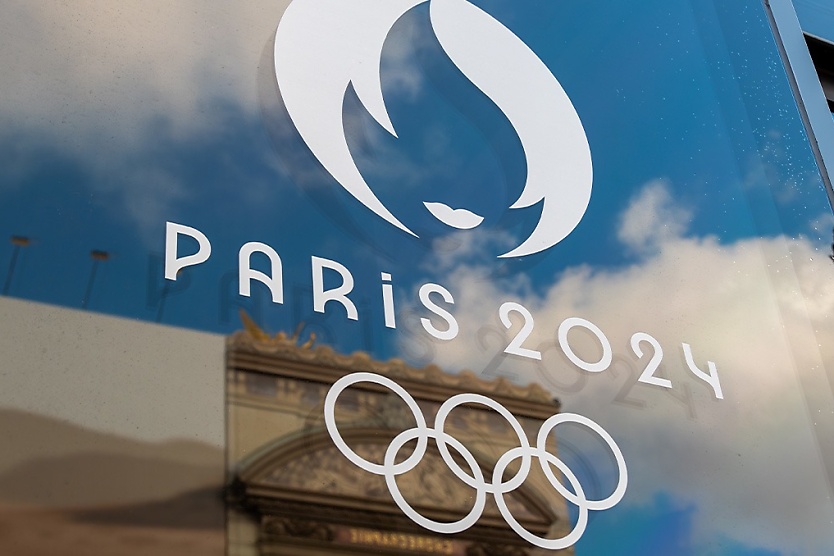
Workers travelling to this year’s Olympic Games must have strategies in place for their safety and protection if the worst-case scenario were to come to fruition.
The International Centre for Counter-Terrorism (ICCT) has acknowledged the public’s anxiety amid the warnings that terrorist groups may in fact be planning to attack the 2024 Paris Olympic Games.
These perceived threats have been widely talked about throughout numerous channels of media amid the geopolitical tensions that can be derived from events such as the war in Ukraine and the Israel-Palestine conflict.
These attacks, which may include acts of violence in event-related areas such as city centres or fan zones, have without a doubt been in the back of the mind of individuals travelling to the games, given the media publicity and the Olympics’ history of infamous and impactful attacks.
In the past, there have been several attacks and plots related to the Olympics. This includes the attacks in differing hosting cities, such as Munich in 1972, Atlanta in 1996, and Beijing in 2008.
The ICCT, however, has reassured spectators, workers, and athletes going to Paris. “The opportunities for conducting a large-scale attack at the Olympics should not be overstated. Opportunities to strike against sports mega-events have vastly declined over time due to their expansive security regimes,” it said.
The Paris Olympic event organisers have deployed numerous safeguards to deter an attack from happening, using pre-emptive measures like surveillance, cyber security, intelligence gathering and sharing, workforce allocation, and a plethora of additional security forces, including military troops, to secure Olympic venues.
At the same time, employers who are sending their workers to the Games must do their due diligence to best prepare their workers for the worst-case scenario, ensuring that if such a situation were to arise, there are set safety and protection measures for them to engage with.
Rodger Cook, general manager of global security services at World Travel Protection, explained how planning and strong communication are imperative to retaining safe insurance for employees when they embark on travel to countries where threats may be imminent.
“You need to be realistic. If you go in there, try and show them that the whole world is going to collapse in on you if you don’t do this, then that’s just disingenuous,” Cook said.
“It’s always planning, and it’s understanding what assets you’ve got available to you to mitigate or to deal with a situation.”
Employers have the responsibility to best prepare their employees for an attack, but at the same time, fearmongering and scaring them of the potential of a drastic situation will achieve nothing. Going to the Olympics is a great opportunity for workers in any field; therefore, communicating the risks in an educated and realistic way is the best option.
Having assets available for employees for when a situation occurs is crucial, and that comes back to training and talking them through the proper procedures.
HR Leader understands that numerous media publications who are sending over journalists, broadcasting teams, and production staff to cover the Olympics have made comprehensive plans to ensure their safety. Access to security and emergency resources, whether that’s apps or emergency contact numbers, have been given to staff, as well as personal protective equipment.
Training, simulations, and scenarios have also been deployed to best prepare employees to use these resources and practice their security protocols in the event that a situation does occur.
“It’s understanding what assets you’ve got available to you to get you out of a situation. [It’s about] knowing where your employees are, knowing where they need to be, and having your employees educated on what they need to do should they get into trouble,” Cook said.
“You need to have that communication, but you need to do that planning before you go, understanding the risk profile of the traveller before they leave, along with the traveller understanding the risks associated with the destination they’re going to, should any risks or anything change.”
Kace O'Neill
Kace O'Neill is a Graduate Journalist for HR Leader. Kace studied Media Communications and Maori studies at the University of Otago, he has a passion for sports and storytelling.










